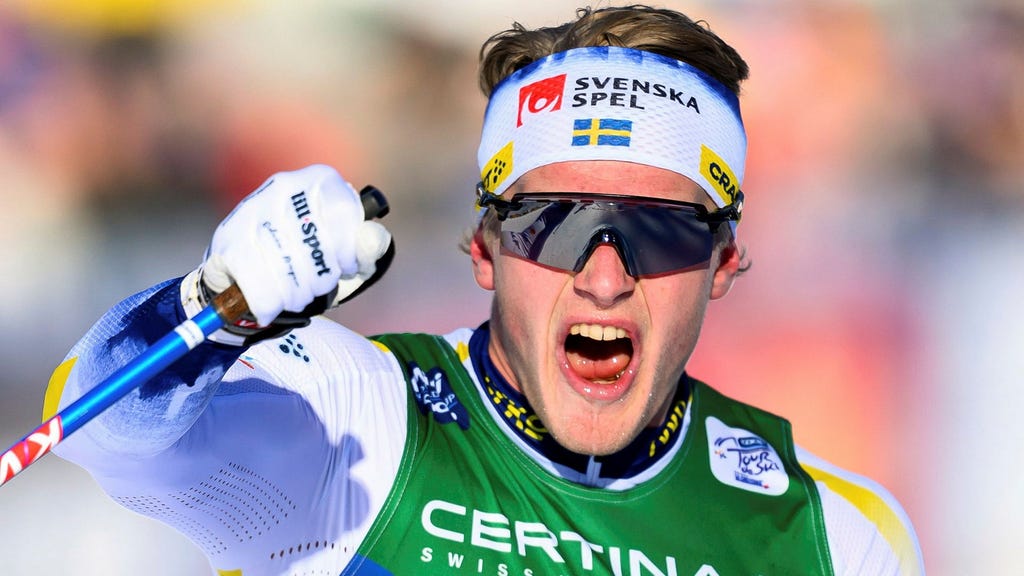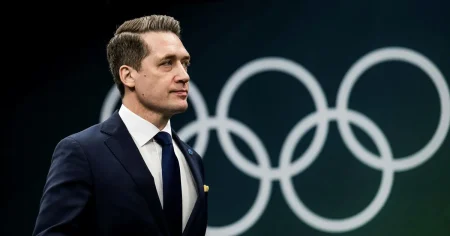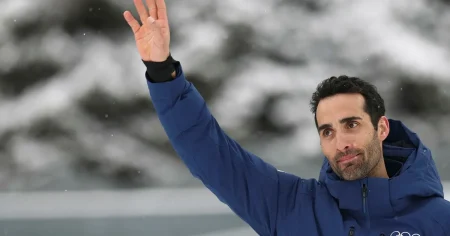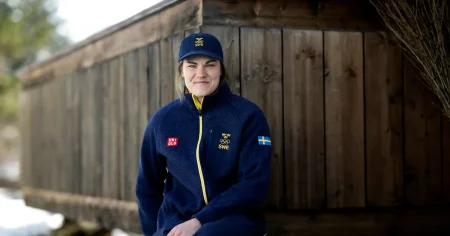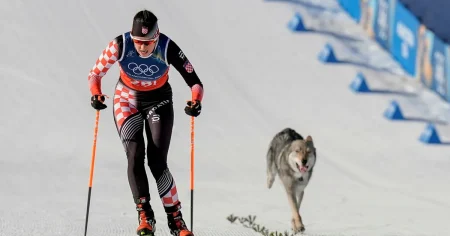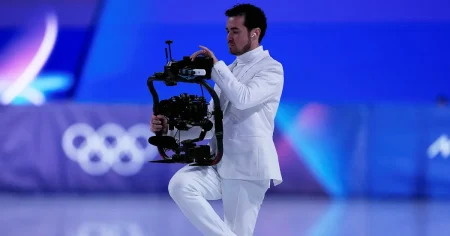Edvin Anger, a 22-year-old Swedish cross-country skier, achieved a remarkable feat on New Year’s Day by securing his first-ever podium finish in a distance race, claiming second place ahead of the renowned Johannes Høsflot Klæbo. This achievement served not only as personal validation for Anger but also as a morale booster for the entire Swedish national team, demonstrating their competitiveness on the world stage. Anger acknowledged the significance of this result, highlighting its importance in showcasing his potential and instilling confidence within the team.
As the Tour de Ski approached its final stages in Val di Fiemme, Italy, Anger found himself in an impressive second position overall, trailing Klæbo by 36 seconds. This marked a significant achievement for Swedish men’s cross-country skiing, as the last time a Swede graced the Tour de Ski podium was in 2015 when Calle Halfvarsson finished third. The prospect of replicating or even surpassing this accomplishment was both exhilarating and daunting for Anger, recognizing the challenges that lay ahead.
Despite his favorable position, Anger maintained a cautious outlook for the final three stages, particularly regarding the grueling uphill climb of Alpe Cermis on the last day. This infamous climb held unpleasant memories for him, recalling his 49th-place finish out of 53 skiers the previous year. He admitted that this type of climb did not suit his strengths, acknowledging the substantial time deficit he would need to overcome to challenge the specialized climbers.
However, Anger’s improved starting position this year offered a glimmer of hope and a renewed sense of motivation. He recognized that a stronger position leading into the final climb could significantly alter his performance and outlook. The prospect of a potential top finish fueled his determination, providing a tangible incentive to push beyond his limits. This contrasting mindset compared to the previous year, where he lacked the motivation derived from a competitive position, underscored the psychological impact of starting the final climb with a realistic chance of success.
Anger acknowledged that starting the Alpe Cermis climb with a manageable time gap and a genuine chance for a high overall finish would ignite a deeper level of determination and resilience. This psychological advantage, absent the previous year, becomes a critical factor in his ability to endure the arduous climb and challenge for a podium position. He acknowledged that the motivation stemming from a competitive position would compel him to dig deeper and push his physical and mental boundaries to achieve the best possible result.
The final weekend of the Tour de Ski promised to be a thrilling spectacle, with Anger poised to make a significant impact. The sprint prologue, scheduled for Friday, followed by the skiathlon on Saturday, would set the stage for the dramatic concluding climb on Sunday. Anger’s performance in these preceding stages would be crucial in determining his starting position and chances for a podium finish in the overall Tour de Ski standings. His journey represented a testament to perseverance and the transformative power of a positive mindset, fueled by the potential for achieving a historic result for himself and Swedish cross-country skiing.





